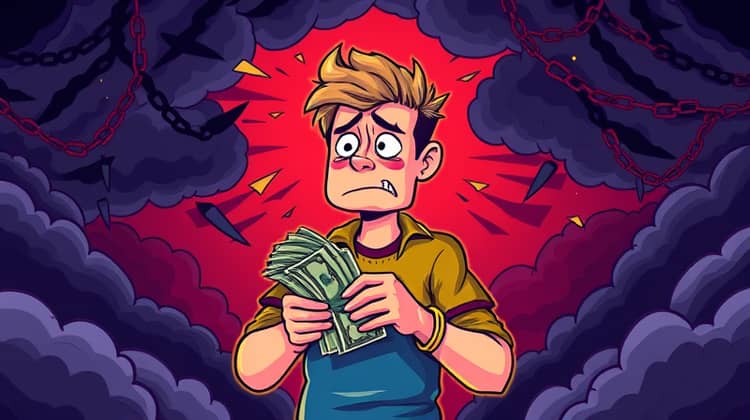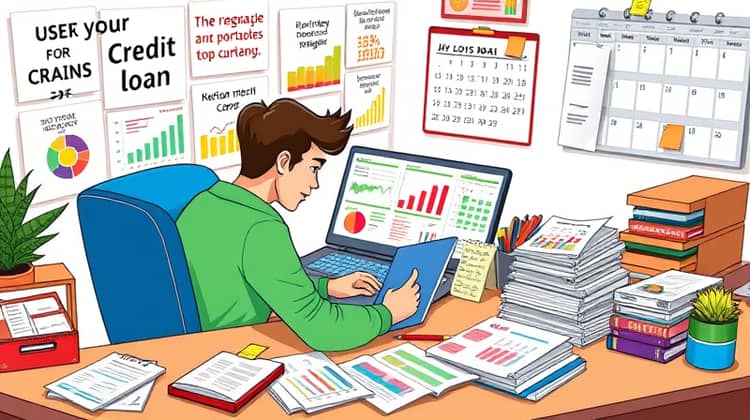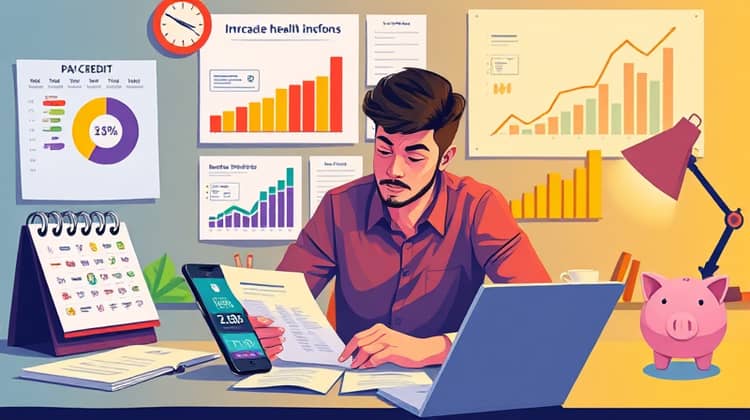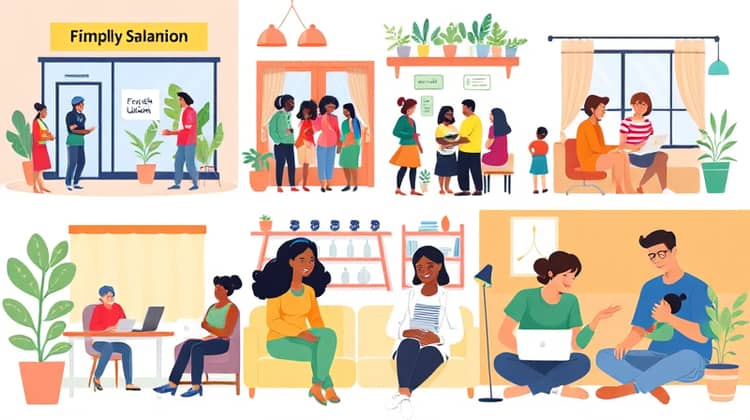Bad Credit Loans: What Borrowers Need to Know

In today's fast-paced financial world, credit scores play a crucial role in determining one's ability to borrow money. For individuals with poor credit ratings, life can become a challenge, especially when unexpected expenses arise. Bad credit loans have emerged as a lifeline for those looking to secure funding amidst their financial struggles.
This article will delve deep into the realm of bad credit loans—covering what they are, the different types available, the reasons individuals may seek these loans, associated risks, and tips to improve one's credit score. It will also offer alternatives for those who might prefer other options.
What Are Bad Credit Loans?

Bad credit loans are financial products specifically designed for borrowers with low credit scores. These loans are often easier to obtain than traditional loans, enabling individuals facing financial difficulties to access funds. Lenders offering bad credit loans typically focus on factors beyond just credit scores, considering income and employment stability instead.
However, it's important to note that bad credit loans may come with higher interest rates and less favorable terms compared to standard loans. This is due to the perceived risk lenders take on when lending to borrowers with poor credit histories. Before securing such loans, individuals should carefully evaluate their repayment capacity.
Types of Bad Credit Loans

When it comes to bad credit loans, borrowers have several options to consider. Each type comes with its own terms, conditions, and application processes, allowing individuals to choose a product that best fits their specific financial needs.
Common types of bad credit loans include:
- Personal loans
- Payday loans
- Title loans
- Peer-to-peer loans
- Secured loans
It's crucial for borrowers to understand the specifics of each type of loan, including fees and repayment schedules, to make informed decisions. Additionally, comparing different lenders can help find the most favorable terms for their circumstances.
Why Do People Need Bad Credit Loans?

People may find themselves in need of bad credit loans for various reasons. Unexpected bills, medical emergencies, or urgent repairs can quickly deplete savings. For those without access to traditional banking, these loans can provide crucial funds when needed most.
Additionally, some individuals might be working towards rebuilding their credit. A bad credit loan can serve as a stepping stone to improve one’s financial situation, provided that repayments are made on time and in full.
- To cover unexpected expenses
- To consolidate debts
- To finance major purchases
- To pay for medical emergencies
- To rebuild credit
Understanding the motivations behind seeking bad credit loans can help individuals approach them strategically, ensuring they utilize them in a way that supports their long-term financial wellbeing.
Risks Associated with Bad Credit Loans

While bad credit loans offer quick access to funds, they are not without significant risks. High interest rates are a primary concern, as they can lead to a cycle of debt that is hard to escape. Borrowers should be cautious and ensure they can meet the repayment terms to avoid falling into financial distress.
Moreover, some lenders may engage in predatory lending practices, adding hidden fees or unfair conditions that exacerbate the borrower's situation.
- High interest rates
- Risk of debt cycle
- Predatory lending practices
- Impact on credit score if payments are missed
- Loss of collateral in secured loans
Awareness of these risks is essential for borrowers considering bad credit loans. By staying informed, they can take measures to mitigate potential pitfalls in their borrowing journey.
How to Find a Legitimate Bad Credit Loan

Finding a legitimate bad credit loan can be daunting, but certain steps can guide borrowers in the right direction. Researching various lenders, checking reviews and testimonials can help identify trustworthy financial institutions. Additionally, it is advisable to focus on lenders that provide clear terms and conditions.
Furthermore, borrowers should thoroughly understand the loan's terms before committing, ensuring they know the interest rates, fees, and repayment options available to them.
- Research lenders thoroughly
- Look for verified reviews and ratings
- Compare interest rates and terms
- Understand all fees involved
- Ask for recommendations from trusted sources
Taking the time to conduct proper due diligence can save borrowers from potential headaches and financial pitfalls when seeking bad credit loans.
Tips for Improving Your Credit Score

Improving your credit score is a vital step for anyone informed about their financial future. A better credit score can open doors to lower interest loans and favorable lending terms. Small consistent steps can make a significant difference over time towards enhancing your creditworthiness.
One crucial aspect to focus on is on-time payments. Keeping up with payments for existing loans or credit accounts can significantly boost one's score. Additionally, reducing credit utilization will help improve your credit profile.
- Make all payments on time
- Reduce your credit utilization ratio
- Check credit reports for errors
- Limit new credit inquiries
- Consider becoming an authorized user on a responsible account
Adopting these habits will not only improve credit scores over time but also promote healthier financial habits, leading to a more secure financial future.
Alternatives to Bad Credit Loans

In addition to bad credit loans, borrowers have several alternatives that may better suit their financial needs. These options can provide different avenues for obtaining funds without the high costs associated with bad credit loans.
Some alternatives may prove more beneficial and less risky for individuals seeking financial assistance.
- Credit unions offering personal loans
- Peer-to-peer lending platforms
- Side jobs or freelance work
- Borrowing from friends or family
- Using a secured credit card
Exploring alternatives can potentially lead to more favorable financial outcomes, allowing individuals to tackle their financial challenges without incurring burdensome debt. Evaluating multiple options and choosing the one that aligns with personal financial situations is essential in making informed decisions.






